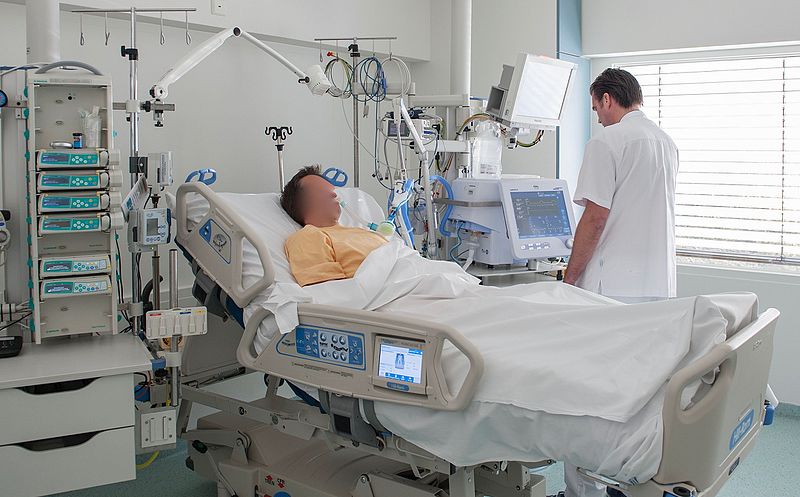Some great innovation news has arrived from our one and only TU Delft: there, some students have managed to make their own ventilators to aid the breathing of patients in ICU’s.
Over the past few months, researchers, scientists and medical staff have been working hard to innovate and help with the current coronavirus outbreak. These students have achieved impressive success.
The AIRone
The ventilator developed by the TU Delft students is called the ‘AIRone’. The ventilator was developed over a period of only three weeks, starting from mid-March, when concerns were raised that there are might be a shortage of ventilators.
The Ministry of Health has already placed an order of 500 ventilators from the students. While the device still needs to go through some final testing procedures, by Thursday it should be up and running in an assembly line in the TU Delft campus.
The students have even received a subsidy from the Ministry of Economic Affairs so that they can successfully implement and develop their ventilator. Professor Jaap Harlaar, who is supervising the students, expects that the 500 ventilators will be delivered by end of April.
Increase in ventilator production
Other companies have been quick to ramp up their production of ventilators. Philips, for example, produces under normal circumstances 500 ventilators a week but is now making 1000 of them, with the goal of reaching 4000 ventilators per week.
The Ministry of Health ordered from Philips 1000 ventilators, but a majority of them have not yet arrived in the Netherlands. Philips is also delivering ventilators to places where the demand is high due to the outbreak.
The Ministry of Economic Affairs does encourage local production of all the pieces of the ventilator, in order to avoid competition on the world market. Some other companies that have worked hard to develop ventilators locally in the Netherlands include Demcom and the FreeBreathing project.
In any case, the ventilator developed by the TU Delft students has earned them praise from medical staff, who’ve praised the students for developing such a device quickly and with limited resources.
It’s even got attention from other countries. The UK, for example, has requested some of the ventilators made in TU Delft. While they won’t be exported there, the blueprints will be made available for free so that any country with the necessary pieces can make a ventilator themselves.
Excited for all these local technological innovations? Let us know in the comments!
Feature Image: J. van Rosmalen/Wikimedia Commons



